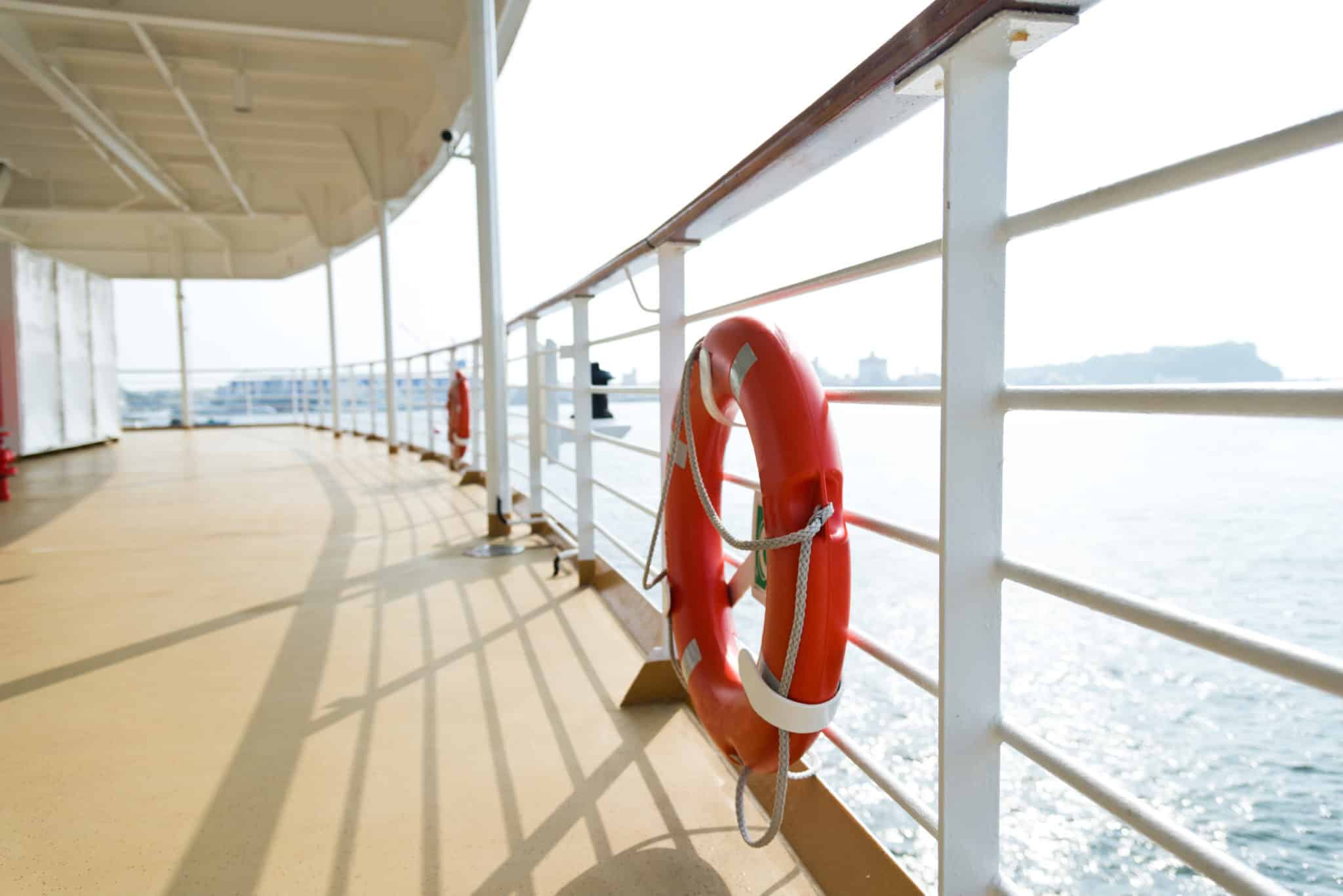Many people love to go on a cruise, but they don’t realize all the industry regulations that work to make your cruise safe and secure. You’ve probably heard stories about passengers going missing or criminal activities on board. The truth is that bad things do happen on cruise ships, which makes understanding the regulations in the industry even more important.
If there were no regulations in this industry, then it would be a lot more dangerous to go on a cruise. Here are some important facts surrounding cruising that everyone who steps foot on a cruise ship should know. Read on to find out some of the most important information for every cruiser to stow in their minds.
Who Regulates Cruise Lines?
There are several authorities that regulate cruise lines. They have enough power to constantly review and change standards related to health and safety – and even more. Every authority has the ability to introduce new parameters and laws in the area where they specialize as it relates to the cruise industry.
The main authorities that regulate the cruise industry are:
The US Coast Guard
This organization takes care of the safety of cruise ships that are entering and exiting U.S. waters. They also collect passengers from ports in the United States and implement local and international laws regarding security and safety at sea.
The cruise line must notify the Coast Guard if:
- There is an incident during a shore excursion
- A passenger goes missing
- Some other criminal activity occurs on board
International Maritime Organization
This organization is part of the United Nations. It examines and manages maritime affairs, specifically the safety of passengers on cruise ships at sea. They also help to prevent pollution by cruise ships and increase security for those ships traveling in international waters.
They play a big role in developing guidelines and regulations internationally in collaboration with other authorities.
International Labor Organization, the World Health Organization, the Centers for Disease Control and Prevention, and Environmental Protection Agency also play a strategic role in keeping cruise passengers safe and regulating the industry.
Who Enforces the Law?
Once these regulations and laws are created, who enforces them? This is one of the biggest concerns of authorities who want their laws followed, but there is a system in place to make sure that laws are enforced.
The port states are a big enforcer of these laws. Any ship that is traveling in foreign waters or docking in a port has to follow all local, national, and international laws. The port state has the authority to inspect a ship and hold them accountable for any violations.
There are also countries of registration. This is the country under which a cruise ship is registered. Once they are registered, that country becomes responsible for ensuring that the laws are followed by the crew, including complying with all regulations. Independent investigations are required to be exercised routinely to surmise whether or not there is compliance.

Classification societies are the final way that countries monitor the cruise industry. Countries often have independent classification societies that take it upon themselves to keep the cruise industry accountable for following regulations aboard the ship.
The cruise industry has come a long way since its inception in ensuring the safety and security of passengers, as well as compelling cruise lines to follow the law. Regulations are a good thing and they keep people doing what they love – cruising!
About the Author:
Andrew Winston is a partner at the personal injury law firm of Winston Law. For over 20 years, he has successfully represented countless people in all kinds of personal injury cases, with a particular focus on child injury, legal malpractice, and premises liability. He has been recognized for excellence in the representation of injured clients by admission to the Million Dollar Advocates Forum, and named one of America’s Top 100 High-Stakes Litigators. Mr. Winston is AV Preeminent Rated by the Martindale-Hubbell Law Directory, enjoys a 10.0 rating by AVVO as a Top Personal Injury Attorney, has been selected as a Florida “SuperLawyer” from 2011-2021 – an honor reserved for the top 5% of lawyers in the state – was voted to Florida Trend’s ”Legal Elite,” recognized by Expertise as one of the 20 Best Fort Lauderdale personal injury attorneys, named one of the Top 100 Lawyers in the Miami area for 2015-2021, and one of the Top 100 Lawyers in Florida for 2015-2017 and 2019-2021.







